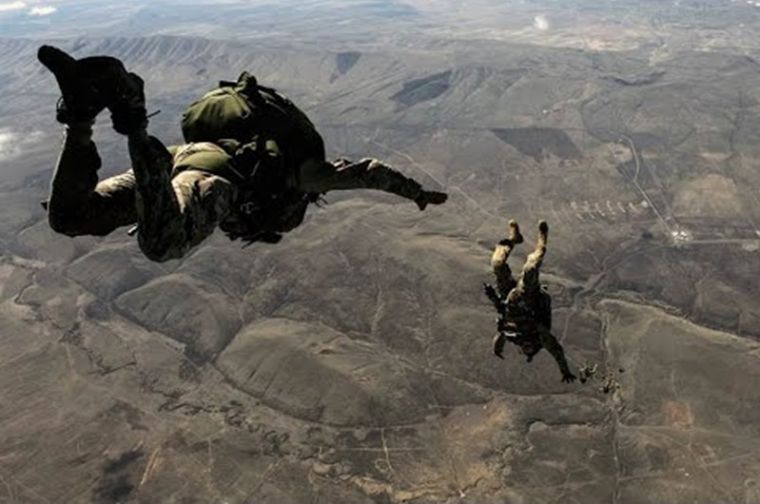Fearless soldiers: Pentagon eyes new drugs to control human fear, anxiety

High-risk military operations, ruthless enemies and harsh environments will naturally bring fear to even the most seasoned soldiers. But what if you can erase this fear, and make the chances of a successful mission even higher?
The United States' Department of Defense is trying to get the help of third-party biotechnology labs to develop advanced bioelectric medicines that will be able to suppress fear among soldiers.
The Pentagon's innovative science division, the Defense Advanced Research Projects Agency (DARPA) hosted a conference this week, where the agency challenged labs to come up with this drug with ability to control human fear and anxiety, which will get funding from the Pentagon.
DARPA program manager Doug Weber particularly challenged labs to develop tools that will establish direct communication and delivery of information to the nervous system.
Such medicines and tools will give American soldiers the capability to manipulate their nerves, thereby enabling them to control vital signs such as lowering blood pressure and moderating response to infectious diseases.
The DARPA also dreams of a drug that will regulate the release of adrenaline, effectively curbing fear and anxiety.
"That would be especially useful for our war fighters who have to deal with very stressful environments," Weber said.
The DARPA official further explained that such an advanced drug can be the answer to post-traumatic stress disorder (PTSD). In 2010, a high number of deaths due to overdose of psychiatric and anti-psychotic medications were recorded among American soldiers suffering from PTSD.
"PTSD has a sequelae of anxiety disorders that fall from it. So instead of having to take a medication, we could use the body's internal circuitry to regulate stress levels. It would be a game changer," he said.
Weber admitted that developing a drug that will regulate adrenaline release is not an easy task, but he remained optimistic given its potential to benefit not just the military, but also the public.











